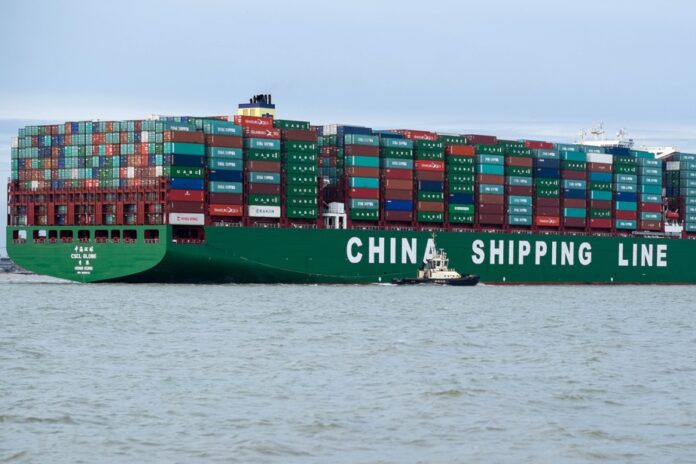Savings of US$50 billion are within reach of the shipping industry, according to the World Maritime Forum, a Danish think tank focused on sustainability. To achieve them, however, it must address four factors of operational efficiency. Overview.
Data is becoming a keystone in many industries, and it is also very promising in maritime transport. According to the World Maritime Forum, however, the data available in this sector remains lacking in quality and quantity. And it prevents operators from optimizing their vessels and the routes they take. Any possible solution? The industry must work to produce and collect standardized data.
“This issue is of great concern to the industry here in Canada. This is an element that will allow us to reduce congestion and delays, and ultimately, to improve the fluidity and security of supply chains,” explains Claude Comtois, professor at the University of Montreal specializing in maritime transport.
The industry would have much to gain from organizing more pilot voyages: the World Maritime Forum assesses the potential gains to be “significant”. According to the Forum Brief, the pilot voyages would allow industry players to learn first-hand what brakes and obstacles need to be removed to better optimize the speeds and fuel efficiency of their vessels.
Canada has passed the Canadian Carbon Neutral Accountability Act, which requires ships to reduce their greenhouse gas emissions by 2050, said Claude Comtois. “The pilots would therefore allow us not only to increase operational efficiency, but also to achieve our carbon neutrality objectives. »
The maritime supply chain operates within a web of contracts. According to the Global Maritime Forum, this reality poses a challenge to the widespread adoption of various efficiency measures.
And it will take “long-term commitment and action.” Claude Comtois agrees: “It’s a transformation that will be complex. »
While data – its standardization, sharing and transparency – is a key element in the search for efficiency, industry players point the finger at regulators and note various weaknesses in the way they deal with the issue. According to the World Maritime Forum, improving operational and technical efficiency on a much larger scale will require more ambitious and robust regulation on how to track and report data such as fuel consumption.
“Together, will these four factors result in savings of US$50 billion?” asks Claude Comtois. Knowing the Forum well, and knowing that their analyzes are serious and sophisticated, I would say, at first sight, that it is reasonable. »





